Still Coping with Covid-19
Back in April 2020 (which feels like a lifetime ago) I wrote about type and stress during a pandemic. Who would have thought that we would still be in this position nine months later?
Living in a state of extreme stress over long periods of time can tear apart the fabric of who we are and wreak havoc upon our relationships. People are slowly returning to their offices and students to the classroom in a world that is anything but normal. Donning masks and social distancing while attempting to engage with clients, colleagues, teachers, and friends has its own set of challenges.
Add to this a heated cultural environment fraught with protests and politics along with media misinformation, 2020 will certainly be one for the history books. How can we possibly withstand this kind of pressure, sadness, frustration, and anxiety for this length of time with no end in sight?
In our house, our motto is "it is okay to feel your feels." But what if those "feels" trigger the inferior process in others? And what happens when this is activated for months at a time? The inferior (least favorite) process is the opposite of our dominant (favorite) process; it is the place where we feel the least competent and equipped to manage life. For example, if my whole type preference is ENFJ, then the favorite process is Feeling directed in the outer world (the F in my 4-letter type), and my inferior process would be Thinking directed towards the inner world (T is not in my 4-letter type but I still access it). Think of it as Dr. Jekyll and Mr. Hyde or Bruce Banner and the Incredible Hulk. Imagine living with or as the Incredible Hulk for months on end?!
This is new territory for many of us and the effects are beginning to show. This extended period of stress creates chronic stress reactions. Based on personality type theory, we may behave out of character or act in childish ways when gripped by the inferior process. We begin to lose sight of ourselves. Chronic stress encourages these often short-lived and episodic inferior process reactions to become pervasive and habitual. We can come across as incompetent or exaggerated versions of our opposite type!
I have noticed something interesting within my own family. Out of 7 family members, 3 people prefer Introversion, and 4 people prefer Extraversion. Imagine now what that may look like within our family when under stress, such as when faced with a pandemic that has been pummeling us for months. We flip! In other words, when under chronic stress, we now see 3 people activated by Extraversion and 4 people activated by Introversion - both areas that reflect where we feel the least competent.
I am not sure if this is playing out in your families but how this is showing up in ours is quite fascinating. Keep in mind this is just a hypothesis and my "research" pod is very small (my family!). Those of us who prefer Extraversion are more hesitant to go out, have turned more inward, and experience some anxiety when needing to engage with the outer world, whereas those family members who prefer Introversion are engaging more in the outside world. They still experience some anxiety which is to be expected, but they seem more willing to do errands, get groceries, and so forth.
Of course, we all abide by mask wearing and social distancing without question, regardless of type preference. We speak openly on how we are feeling and support each other as we go through these experiences. Type language and understanding help us cope with this new "normal" that we find ourselves immersed in and we do what we can to support each other as we bring ourselves back into balance. Some days are easier than others. What have you noticed from your own family members?



_thumb.png)





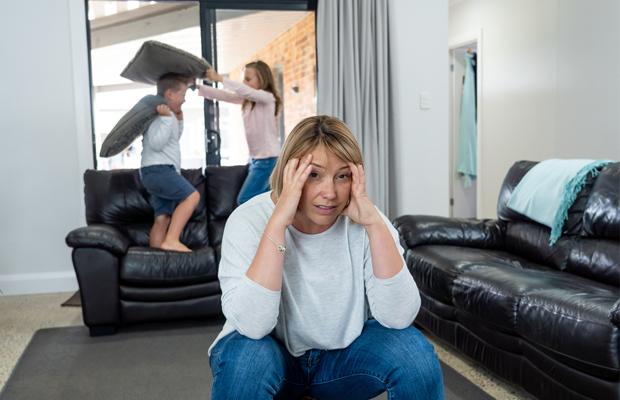





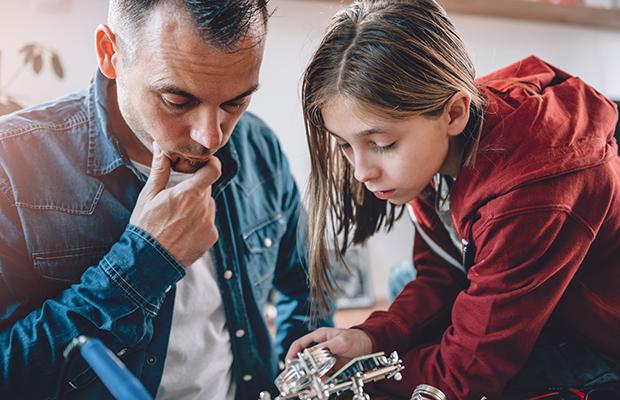
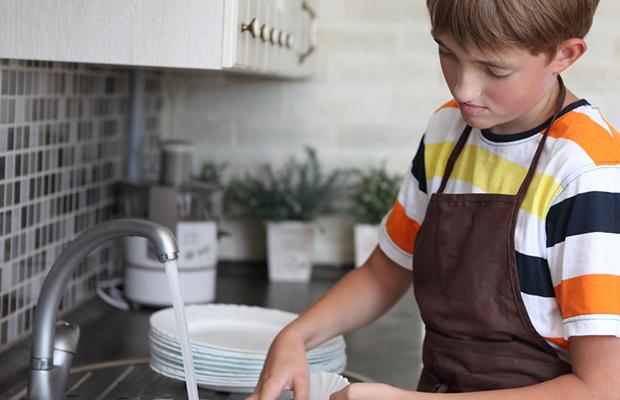

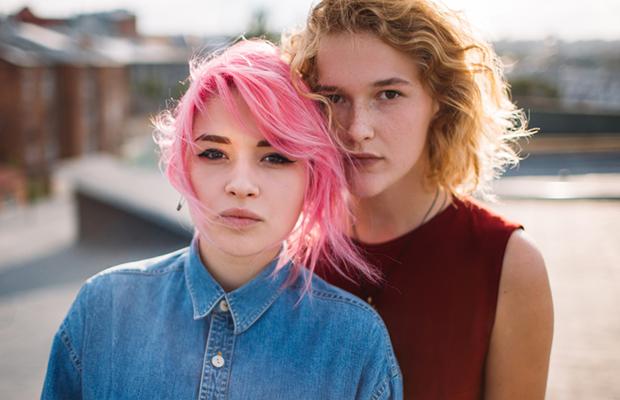
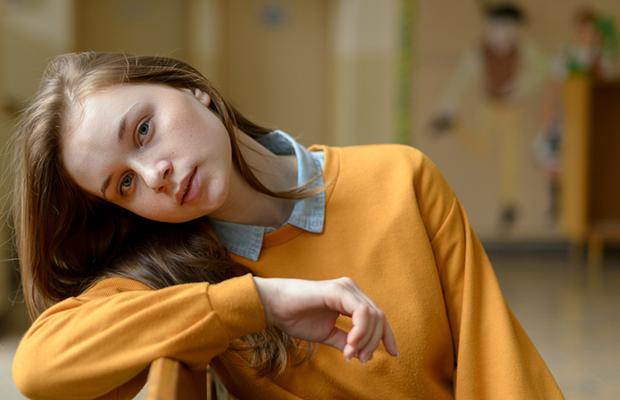
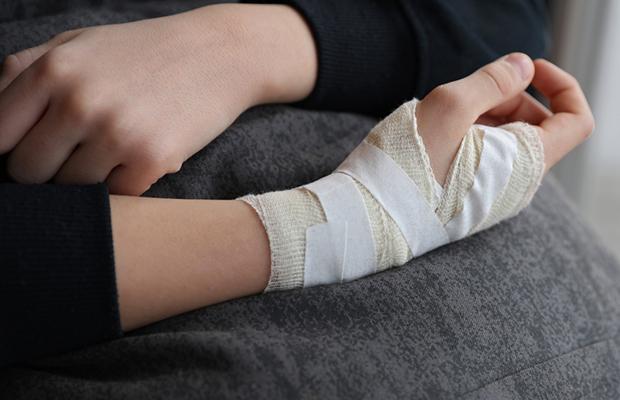
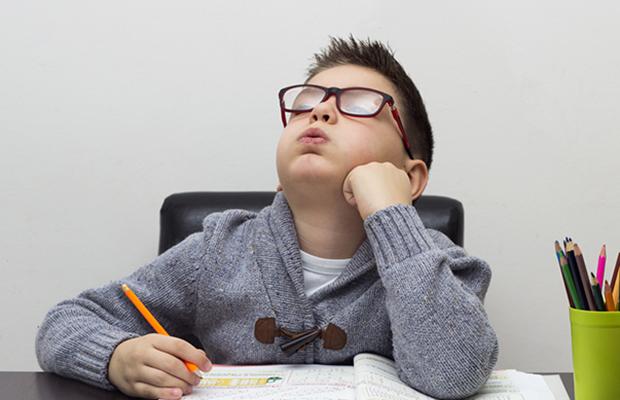
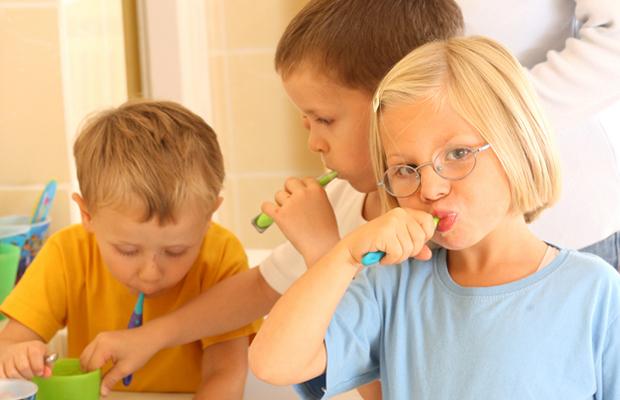

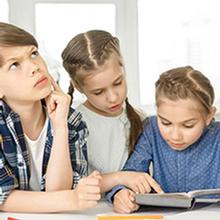
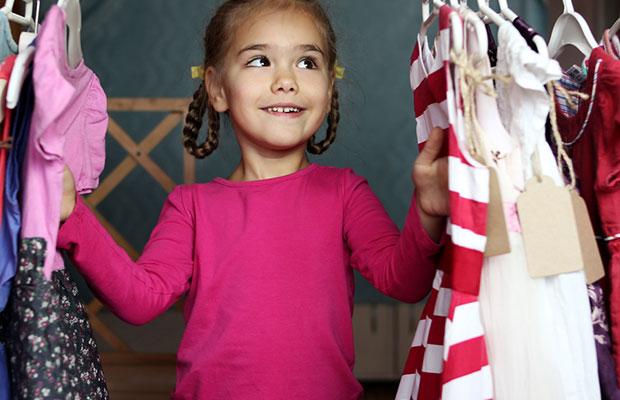



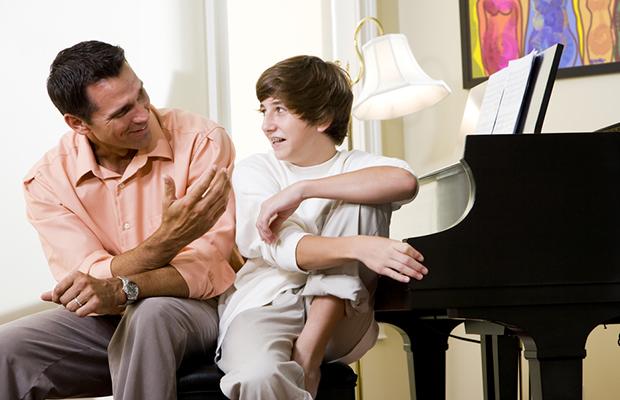

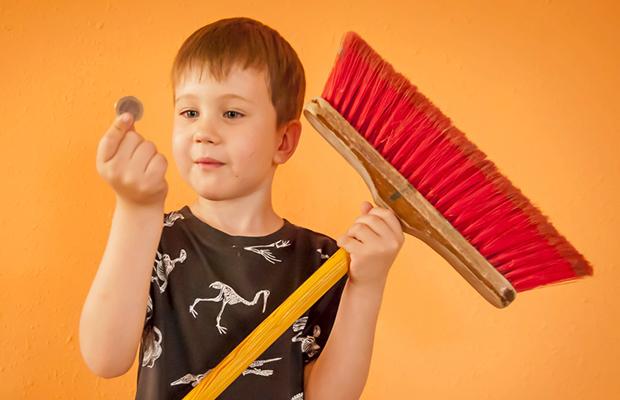
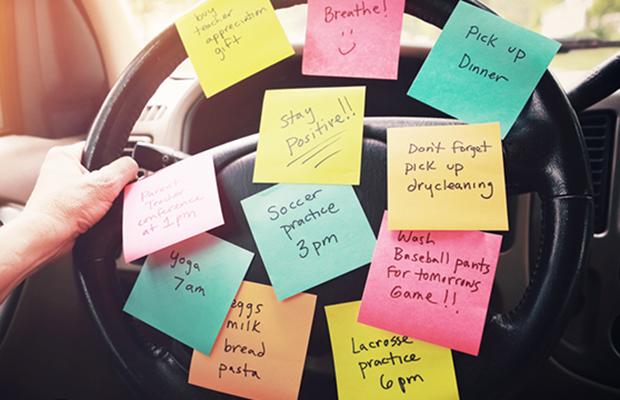
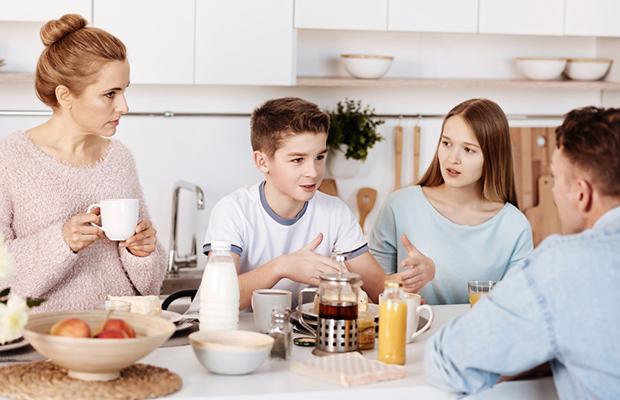
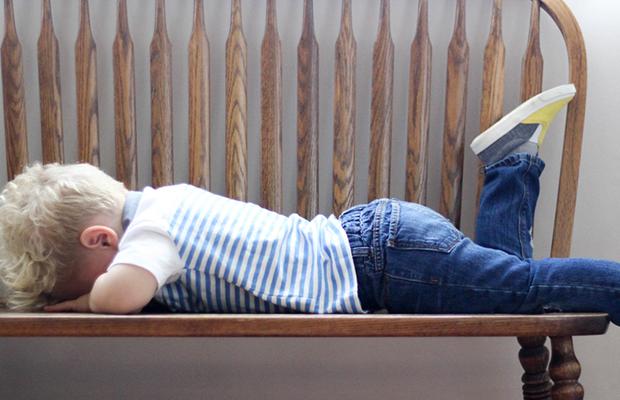
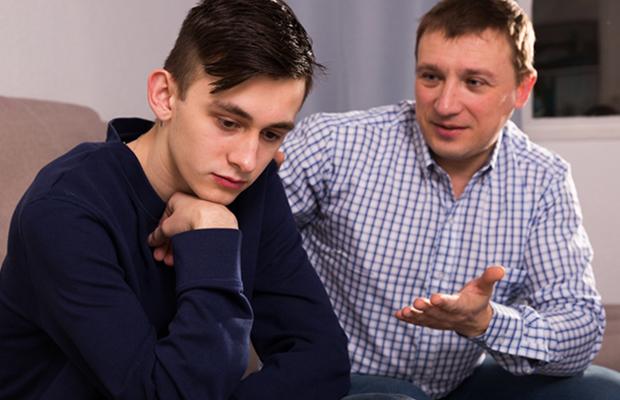
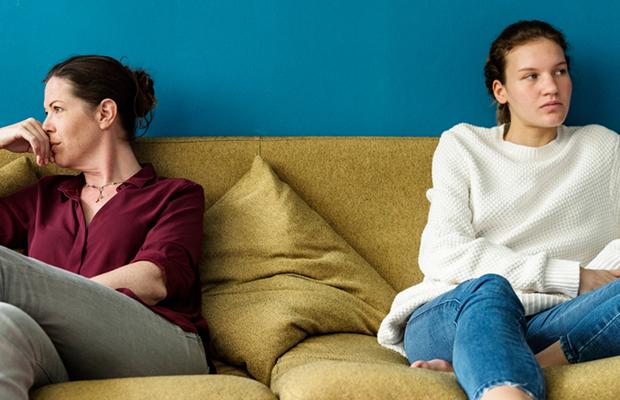
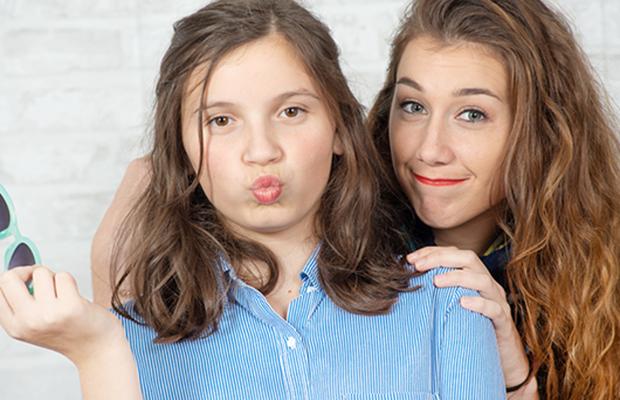
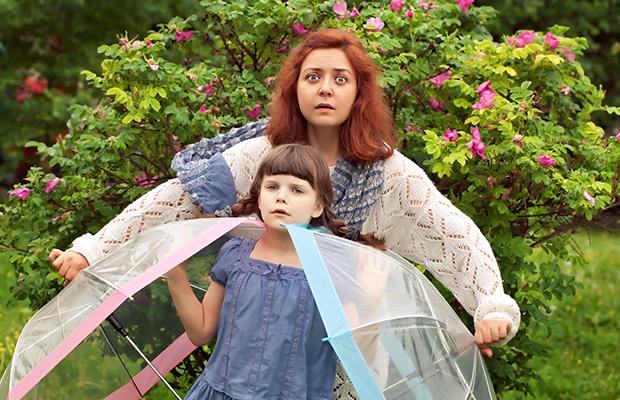

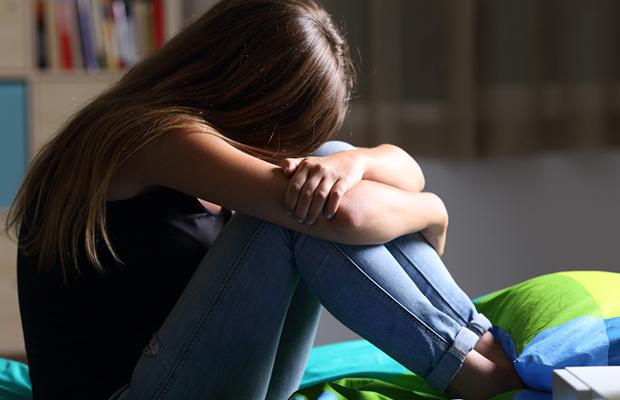
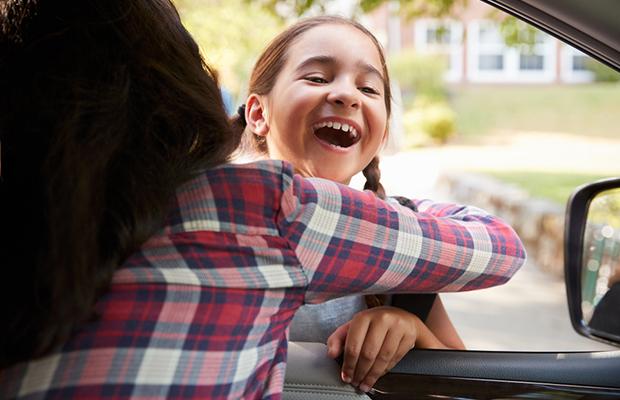



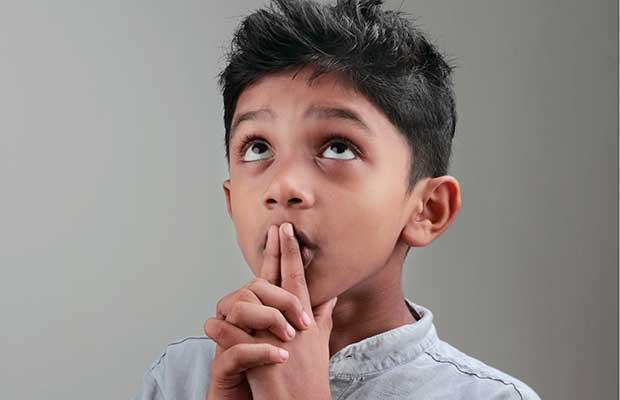
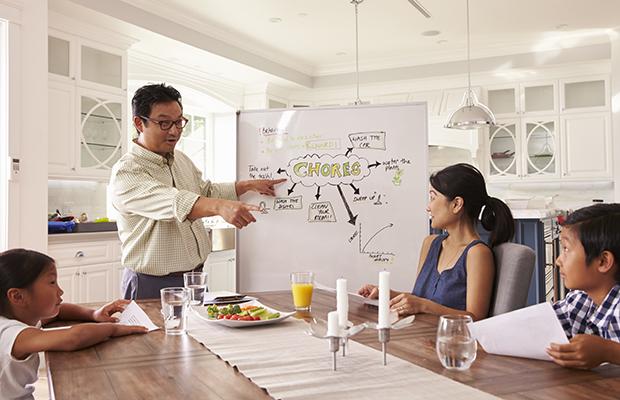
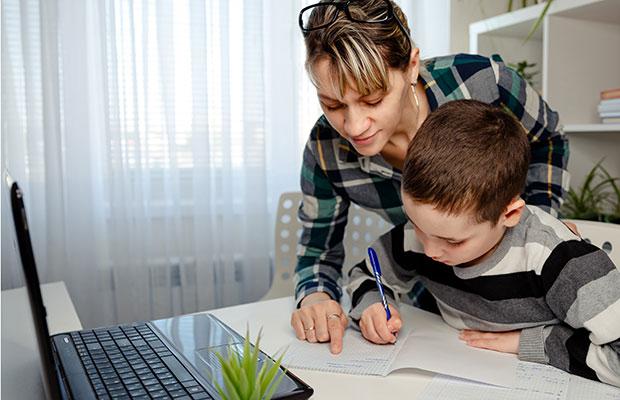
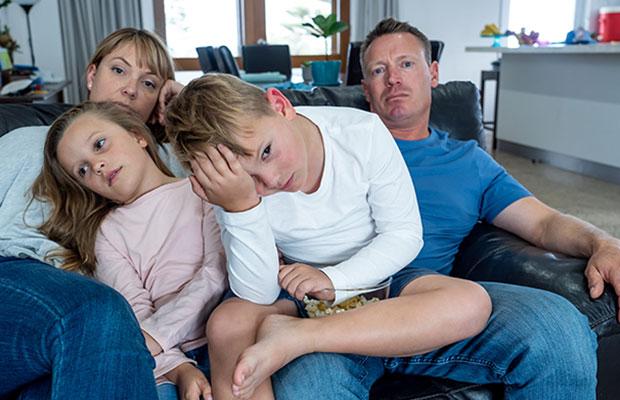
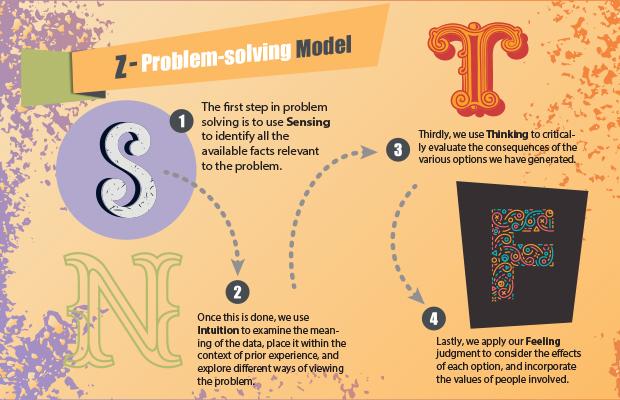
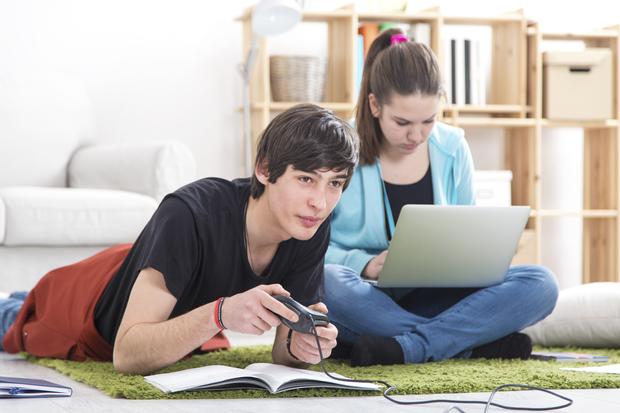





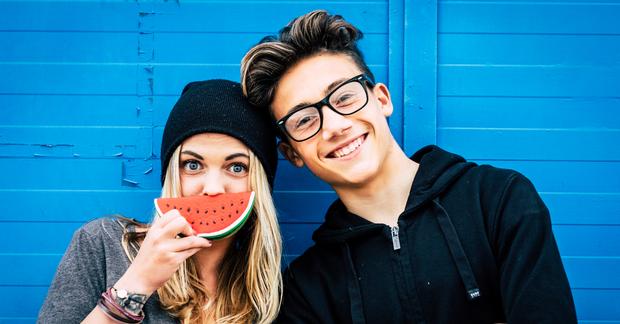
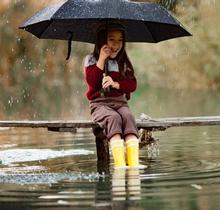


.png)
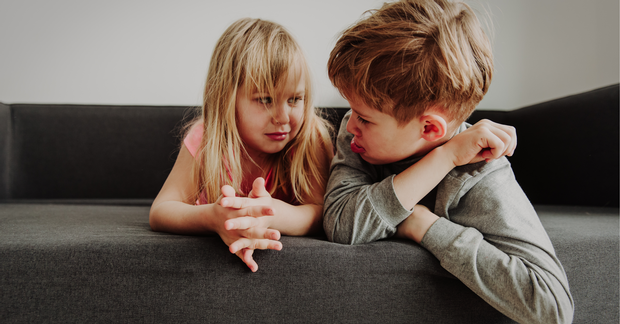
_thumb.png)


.png)

.png)
.png)